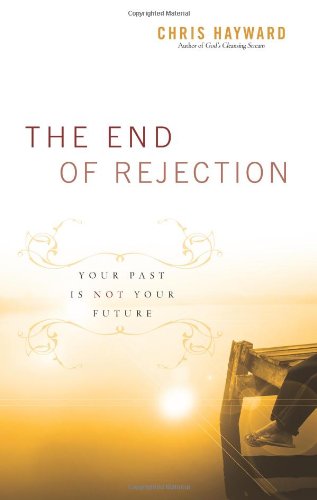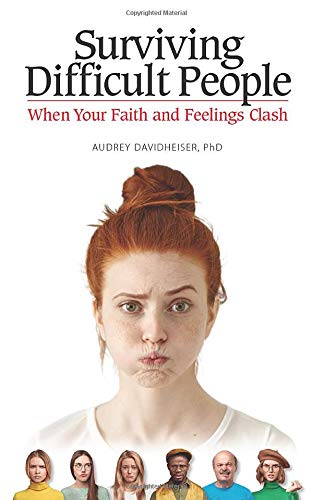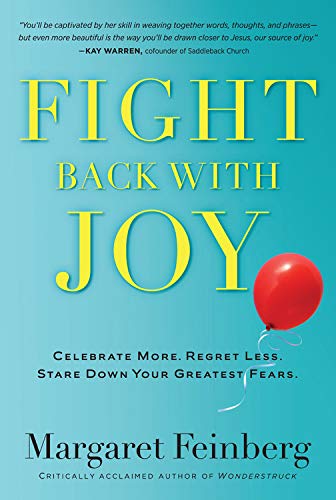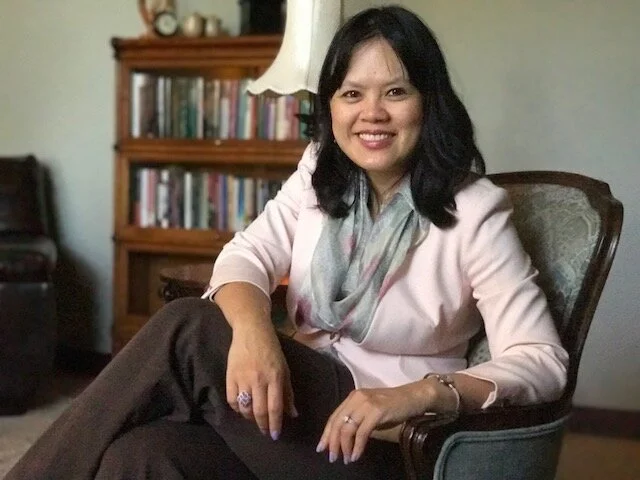Is it the virus or the people? A Guest Interview with Psychologist and Author Dr. Audrey Davidheiser
Keeping a low profile at the airport this past weekend, I observed the various different groups of people respond to the coronavirus reality of 2020. There were the shifty eyed mask wearers, the wipe every surface downers, the hide your kid in your coaters, the pretend a crisis does not existers, and the make everyone else afraiders. As I and a few others tucked ourselves away on a side bench with our hands tucked deep in our pockets it dawned on me; the coronavirus situation is hardly about the sickness at all. The true issue is about our divided, unorganized response. And at the root of our division is difficult people.
Dr. Audrey Davidheiser has been studying, counseling, and recovering difficult people for over ten years. Recently, she published her first patient guidebook, Surviving Difficult People, to help all of us work together. Because as much as we want to be independent, others affect us and how we develop.
Joining us to share her personal journey from counseling to writing to social media influencing, we can learn that handling people well prepares us for any crisis we might face.
MK: You wrote a great article about the passing of Kobe Bryant in Charisma News, what are some of your thoughts about how we can engage with culture to learn and grow yet also balance living our own stories?
AD: Thank you!
Learning from others without compromising our own stories requires the ability to:
- Listen with our hearts, because nobody will afford us the chance to speak otherwise;
- Be confident, but never cocky;
- Stay true to who we are, while guarding our boundaries well;
- Stand by our stories courageously—but never get addicted to hearing ourselves talk.
MK: How have you seen your influence, assistance, and aim reach more people as a result of writing?
AD: As a psychologist, my practice is limited in terms of number and distance. I cannot see hundreds of clients at once, and the ones who see me live locally. But my reach as an author has been broader—for which I am very thankful. The article I wrote about Kobe Bryant’s death was viewed over 1,500 times within the first week of publication.
MK: Thinking about your new book, how much do the people in our lives shape our own journey? Can you offer a quick tip for checking those relationships in a healthy way?
AD: Two categories of people play a significant role in shaping us. The first is to be expected: parents and authority figures in our formative years (particularly childhood). The second group may be more counterintuitive, but some of the people who shape our journeys the most are the ones who hurt us the worst. I call these difficult people—my terminology for those who have not worked on understanding themselves or processing their emotional baggage.
Let me insert an excerpt from Surviving Difficult People here.
“This brings us to difficult people’s psychology—they may not have the wherewithal to do internal housekeeping. Only those with the gumption to examine their own heart have the opportunity to address their emotional hang-ups. Without focusing inward, their neuroses, abandonment issues, and unhealed memories will dominate the external world, making life difficult for everyone around. A leader in an inner healing ministry explains, “If we fail to deal appropriately with our own sense of rejection, we’ll only place it on others.”[i] This principle applies to any issue we evade.
However, being introspective demands courage, steady persistence, and at times, financial assistance (because a skilled therapist can catapult growth).
Not everybody’s up for such a challenge.”
The world is teeming with difficult people. If there is someone whose words pressure you to feel negatively about yourself, that one is a difficult person. If there is someone whose presence makes your gut go ugh, that one is a difficult person. If there is someone who insists on having their way all the time, that one is also a difficult person.
But because each difficult person is unique, there is not a one-size-fits-all when it comes to our response to them. I break down what you need to know to do with each difficult individual in Surviving Difficult People.
MK: I never thought about it that way, difficult people dominate the external world. Do you see this in the way people are responding to the COVID-19 outbreak?
AD: That could very well be. We witness how sturdy people’s internal worlds are by the way they respond to a crisis - or even what they define to be one.
MK: Your primary profession is in clinical psychology, how did you get started writing?
AD: Looking back, there were definite signs the Lord has gifted me with a love for words. For instance, those I sent thank you notes to often remarked on how heartfelt they were. A teacher in high school encouraged me to enroll in a writing contest. During my internship at a psychology graduate program, the director said he would not be surprised if he saw my name on a published book one day. I internalized his words as flattering, but that was all.
Three years ago I signed up for a Bible study class at church. The curriculum was based on Fight Back with Joy by Margaret Feinberg. I then followed her on Instagram, which is how I learned about her new writing course, Write Brilliant. I did not think about joining the course at all, until—to my surprise—the Lord nudged me to do it. If you were to ask me “what for?,” I would have shrugged. I did not know the answer! But my husband and I prayed about it anyway, and we both felt I was supposed to sign up for Write Brilliant.
I had no idea how that small step of obedience would eventually lead to writing articles which would end up on numerous online blogs and magazines, and eventually publishing my first book.
MK: Let’s talk about self-publishing, what was the best and worst part of the experience?
AD: The best is Publisher Rocket, the brainchild of Dave Chessney. He is also the owner of Kindlepreneur.com, which is so helpful. I have furiously thanked Dave a couple of times for being generous with all the freebies he gives out.
The worst is having to market my book because nobody else will. There is a convincing reason I did not major in marketing! To have to promote myself despite my hatred for self-promotion is odious.
MK: I think you have something amazing to market to people in your new book, Surviving Difficult People! Congratulations Audrey, on your new publication and being brave in spreading helpful resources that help us be better humans. To find out more about Audrey’s work in clinical psychology see her bio below and follow her on Instagram for tips and encouragements. Also click around in the resources she recommends to us and find a book that can help you survive even the trickiest of relationships.
[i] Hayward, C. (2007). The end of rejection: Your past is not your future. Bloomington, MN: Chosen Books, p. 122.
Audrey Davidheiser is a licensed psychologist, speaker, and author of Surviving Difficult People: When Your Faith and Feelings Clash. At the request of the Los Angeles Dream Center she founded a Counseling Center on their premises, which she then directed for six years. Her passion is to promote spiritual and emotional wholeness. She devotes her Southern California practice to treat trauma in adults and couples. Visit her on www.aimforbreakthrough.com (Instagram: @DrAudreyD).



